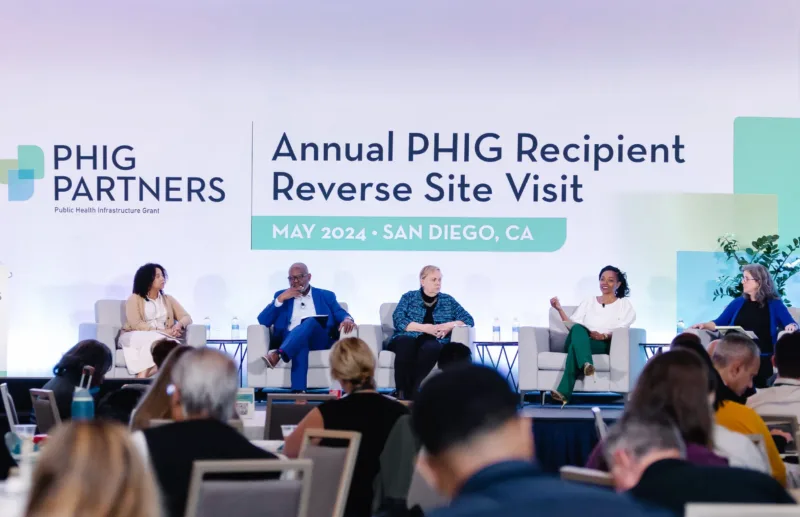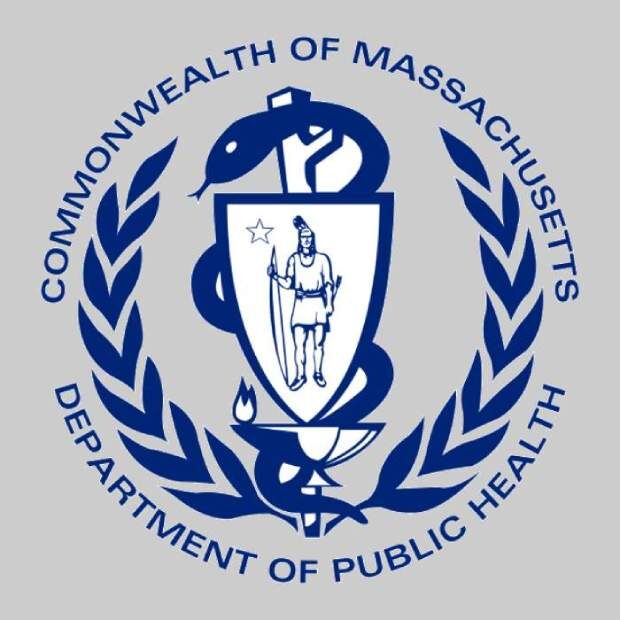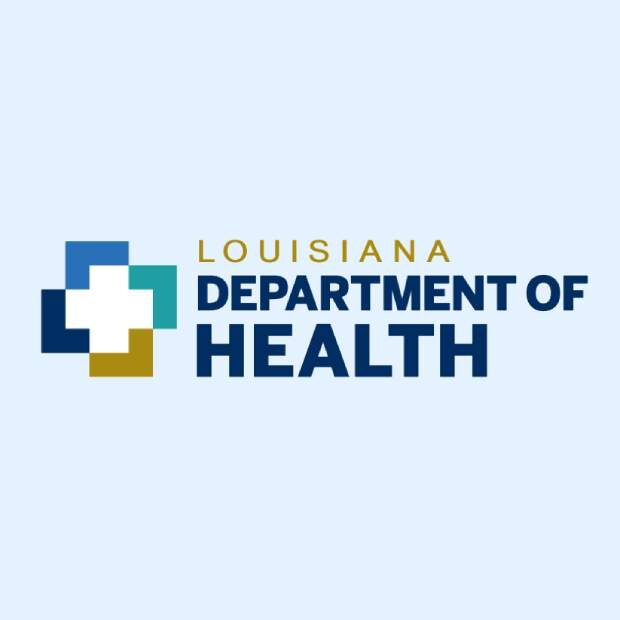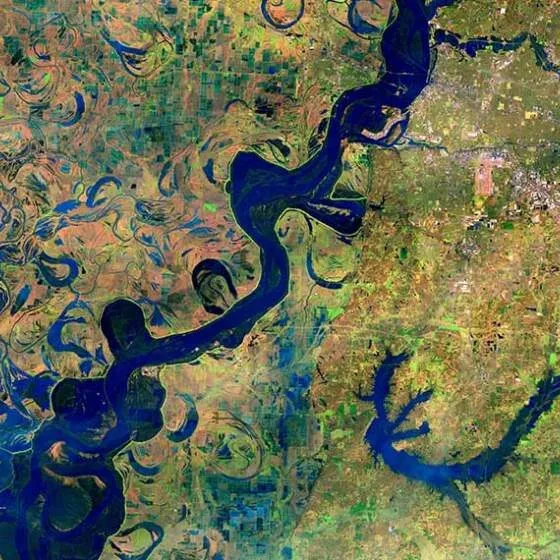Public Health Infrastructure Grant National Partner
The Public Health Infrastructure Grant (PHIG) is a groundbreaking, multi-billion-dollar investment from the Centers for Disease Control and Prevention to help health departments across the United States strengthen their workforce and infrastructure. Funding is designed to ensure that health departments have the people, resources and systems they need to assess, promote and protect health in the communities they serve. Funding was awarded to 107 state, local, territorial, and freely associated state health departments, and will be distributed over a five-year period (2022-2027).




